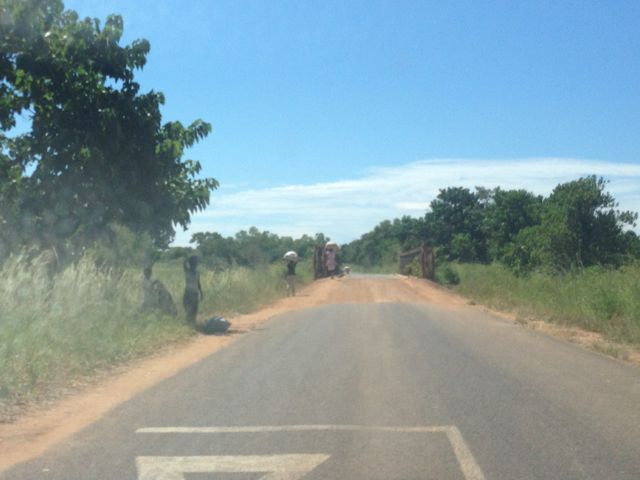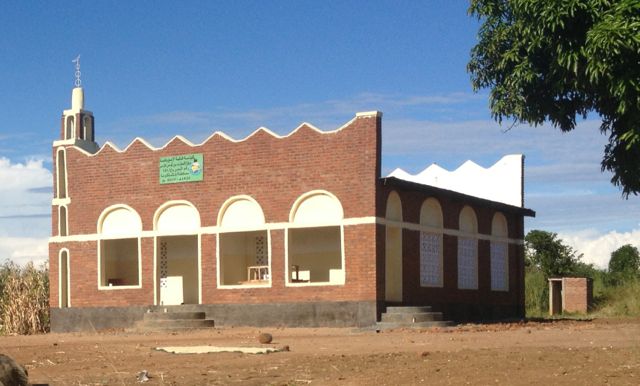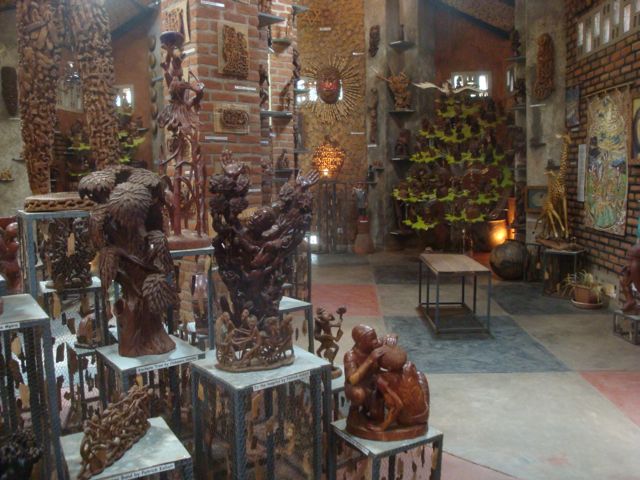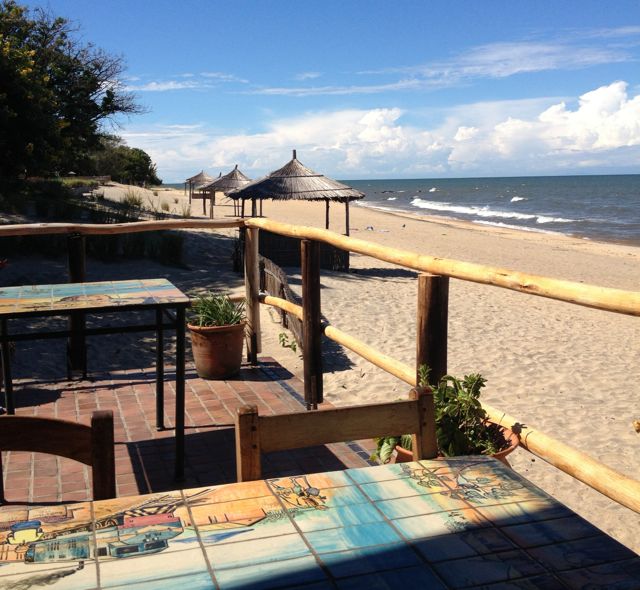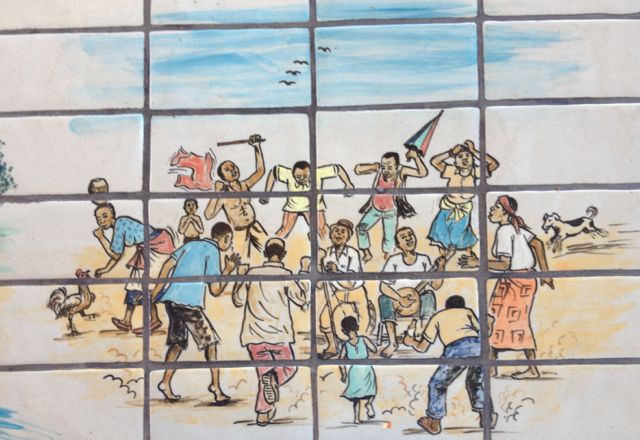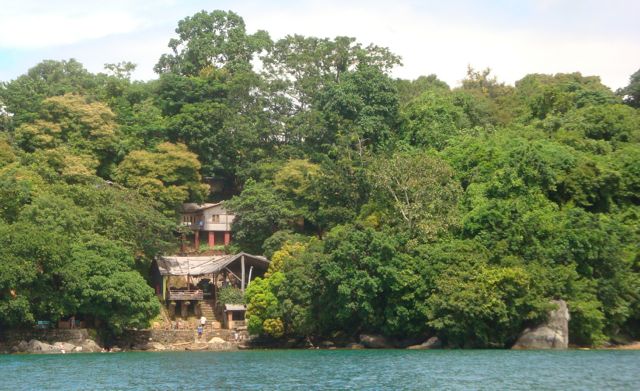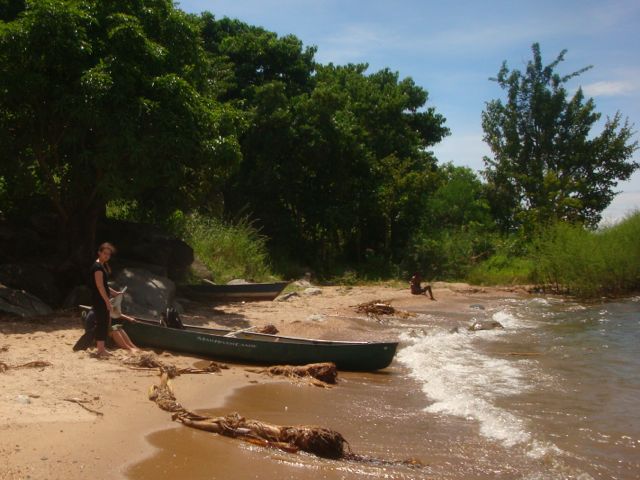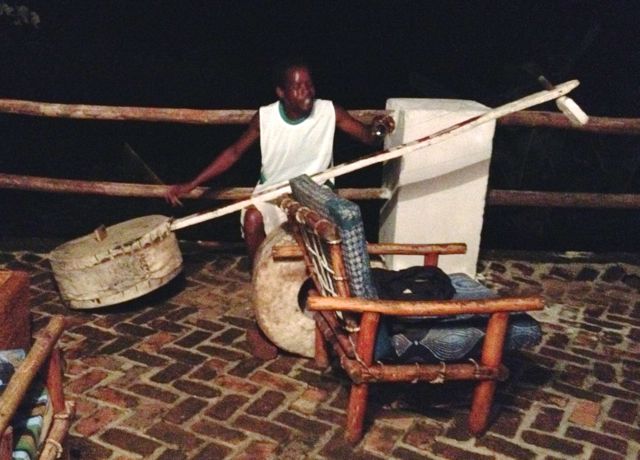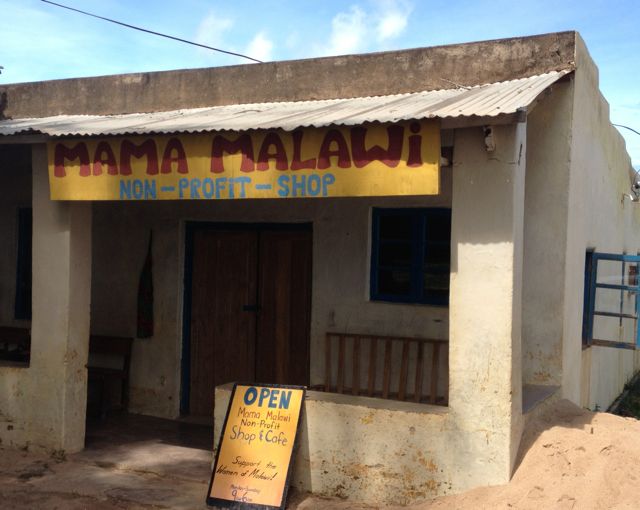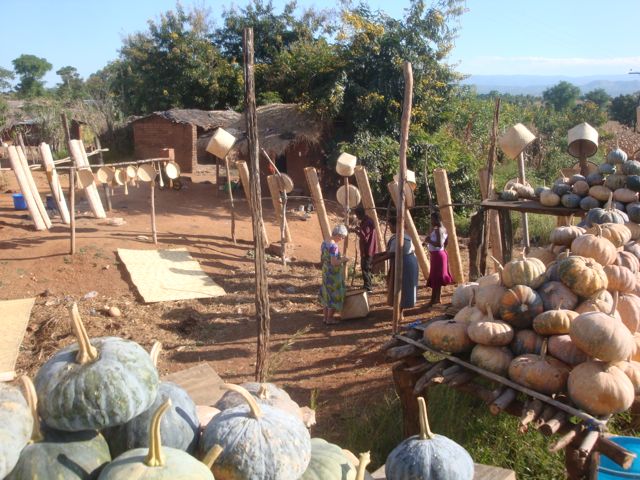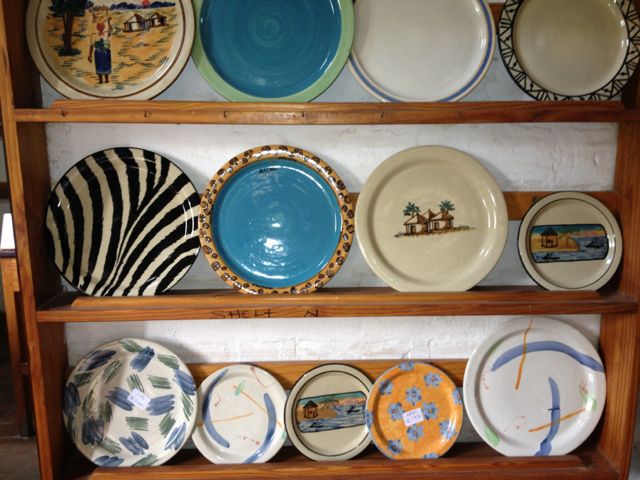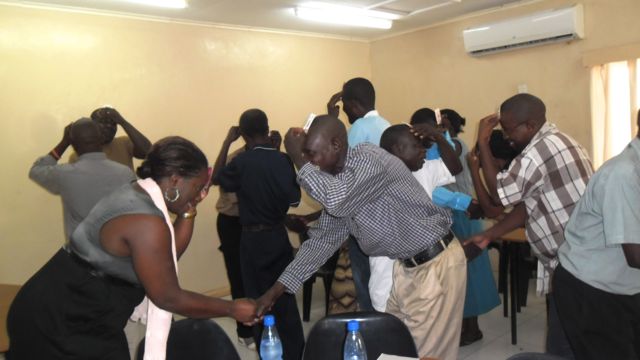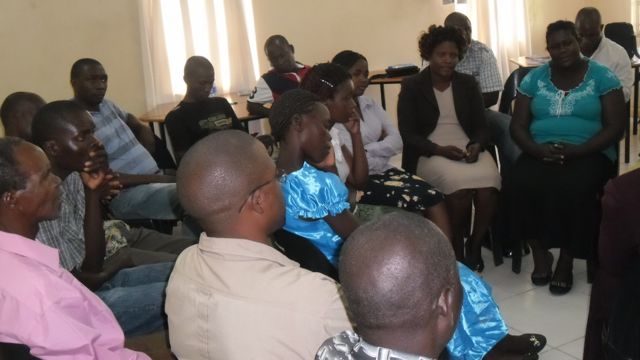Mona Lisa Bandawe and I have recently run the Mid Term Learning Review workshop for the DFAT funded Mphuka Shared Futures Project. This Participants were from Concern Universal, the Govt. of Malawi and Community leaders.
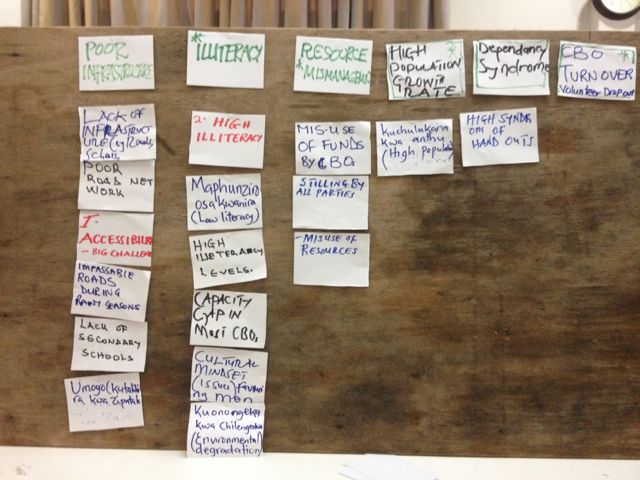
Card storm of ‘underlying blockages to the vision’.
After looking at the state of the project to date, we ran a guided visualisation session, followed by (integrated with) a ‘newsletter from the future’ activity. With about 22 participants there were five groups that developed the newsletters (3 in English, 2 in Chichewe*). We gave a start to the newsletter that read:
“After hearing about the UN award for being the most liveable area in Malawi, I visited Thyolo last week to see for myself what it was all about. Honestly, I was amazed at the transformation since I worked there, I saw….”
………a well dressed, well nourished elderly woman walking majestically long the better road. Far behind her were her grand children coming from a well built secondary school and they were all walking towards their iron roofed house surrounded by a granary full of harvested maize, improved sanitary facilities, goat and pig kraals full of livestock and just 200m there was a borehole. All the hills of Mphuka were covered by trees and the ecology and been reverted to it’s natural state with happy people benefiting from forest products e.g.: honey.
……..aged people and youngsters who were looking healthy and well nourished and their dressing sent a message about people who are now outside the poverty trap. New school buildings and other structures were seen from a distance appearing as a busy trading centre with electricity. As I was passing through the village I saw a lot of iron and thatched houses with satellite dishes here and there.
…….TA Mphuka transformed into a a well developed area. There is 100% water supply coverage and the economic wellbeing of the people. There was a good rural road network for easy travel.
I heard stories about……
………how there was high self dependency & good partnerships happening in T/A (Traditional Authority) Mphuka
- A CBO (Community Based Organisation) revolving fund accessed by the community
- A livestock pass-on program working efficiently
- Established advocacy and GBV (Gender Based Violence) committees.
……..a lot of pupils going to school and that there is compulsory primary education as there are now by-laws put in place. I also heard stories that where I saw a trading centre was a place that used to be Mylenga CBO but it has developed to become a local NGO and other rooms built by them are used as shops and local saloons. I heard that most families are living peacefully and gender based violence is a thing of the past.
I felt proud that what used to be a poor Mphuka area is now a developed area where people are food secure, practicing all year round agriculture due to irrigation.
…… the CBO’s having grown into local NGO’s and the network coordinator is now a councillor, representing the people of his area and has recently been elected chairman of Thyolo council. I also heard of 30 families formerly involved in gender based violence had bought motorcycles and were working to help other families change. They are role models of T/A (Traditional Authority) Mphuka. Almost 50% of the CBO’s have qualified and have Diplomas in Accounting. Every household in T/A Mphuka is using energy efficient stoves and the neighbouring T/A’s have emulated the good practice in T/A Mphuka.
I have been told that the two written in Chichewe were along similar lines to the above.
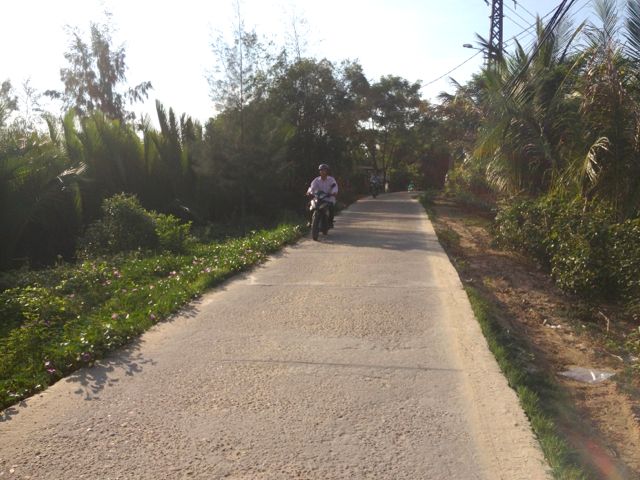
When in Vietnam last year I was impressed by the well built and maintained road network designed for bikes & pedestrians.
*English is a second language for all participants.
